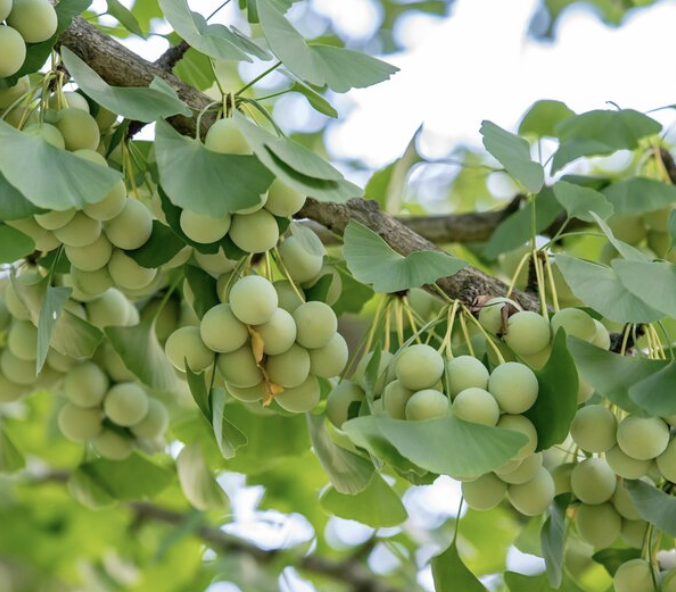THE amount of people in the world’s population aged 60 and over is expected to total to two billion in the next twenty-five years. This is a great landmark for the over-60s but there will be an increased risk of dementia and cognitive decline within this age range.
The Ginkgo biloba tree is one of the oldest species of tree in existence. Extracts from its leaves have been used in traditional Chinese medicine for several millennia. The extract is used around the world and in Europe as a supplement for memory support or brain health and has been touted to reduce risk factors of dementia.
The active ingredients in ginkgo are antioxidants like flavonoids and terpenoids which can reduce inflammation as well as helping with normal blood flow to the brain. In theory, better blood flow to the brain is the opposite of dementia, which is reduced blood flow to the brain, and so reduces risk factors. An interesting theory, but there is a lack of conclusive evidence that supports ginkgo in reducing dementia risk factors.
Despite this lack of evidence, people still spend billions on ginkgo products around the world and increasingly in Europe.
For now, I would keep my money safe and not spend it on Ginkgo for dementia risk.
• Lee McCusker (BA; MSc; MSc; MSc; ANutr; SENr) is a registered nutritionist from Belfast and can be found on Facebook, Instagram and Twitter. Email: attentive nutrition@gmail.com









